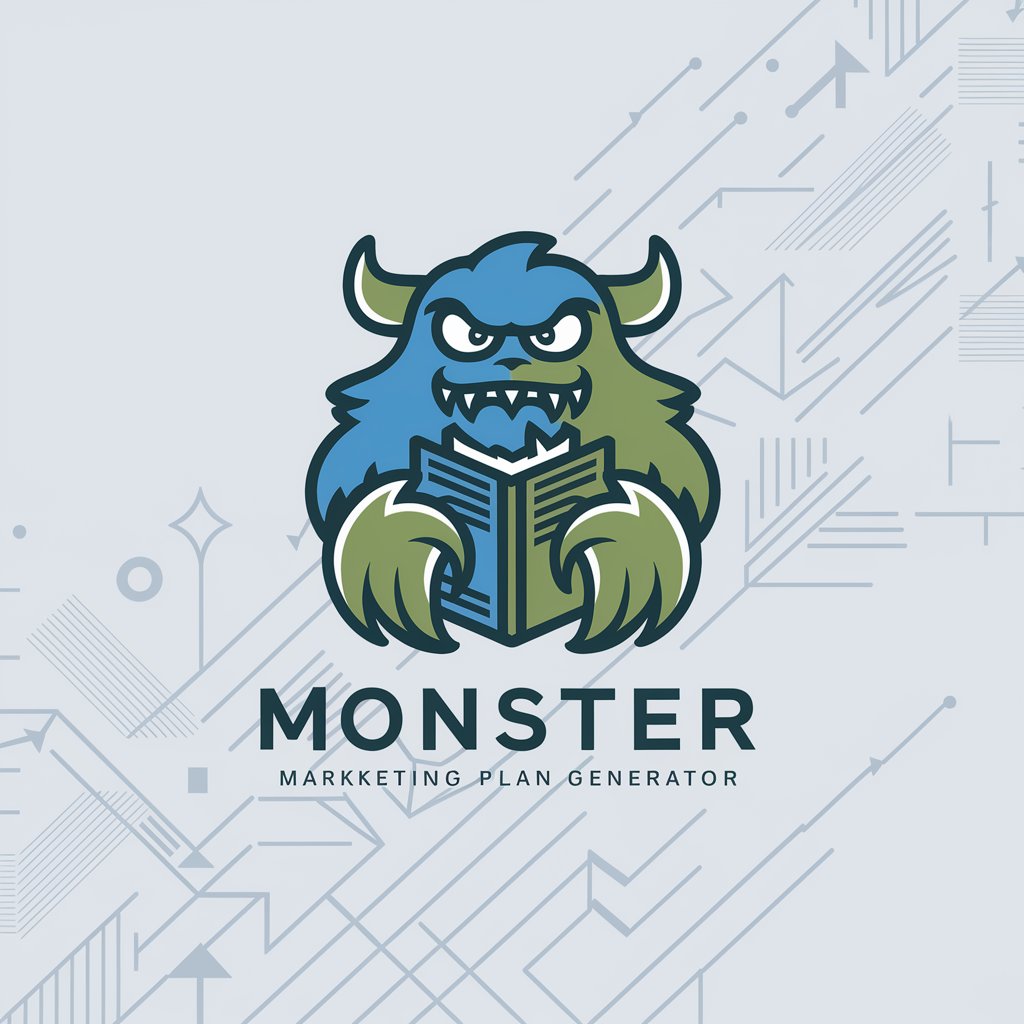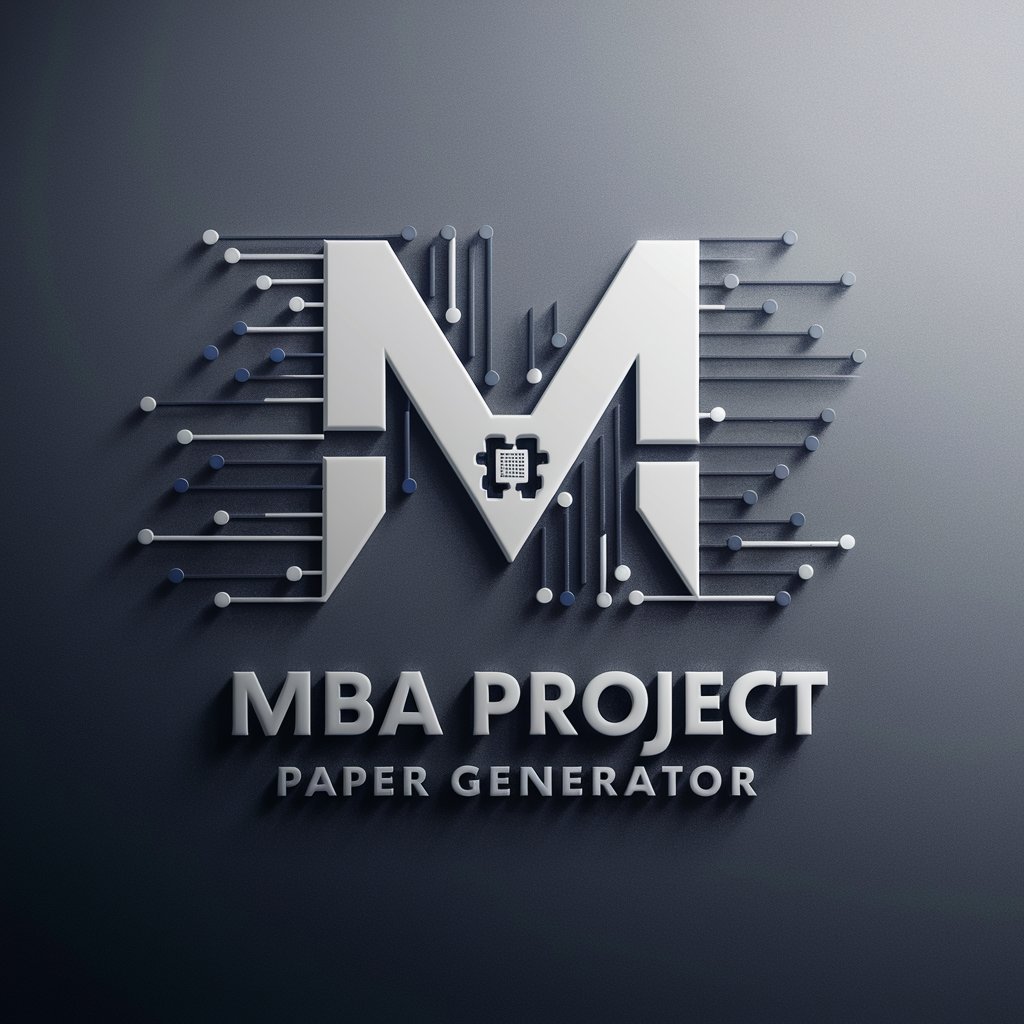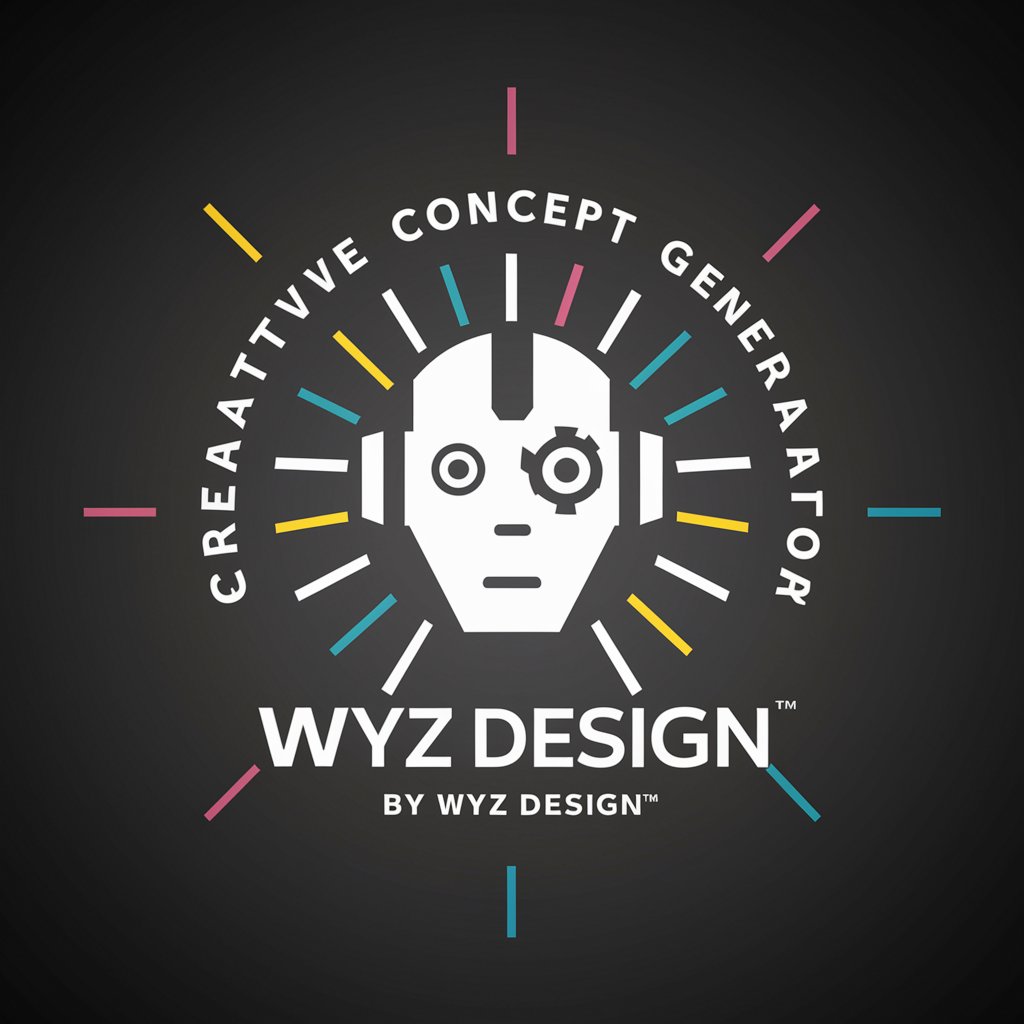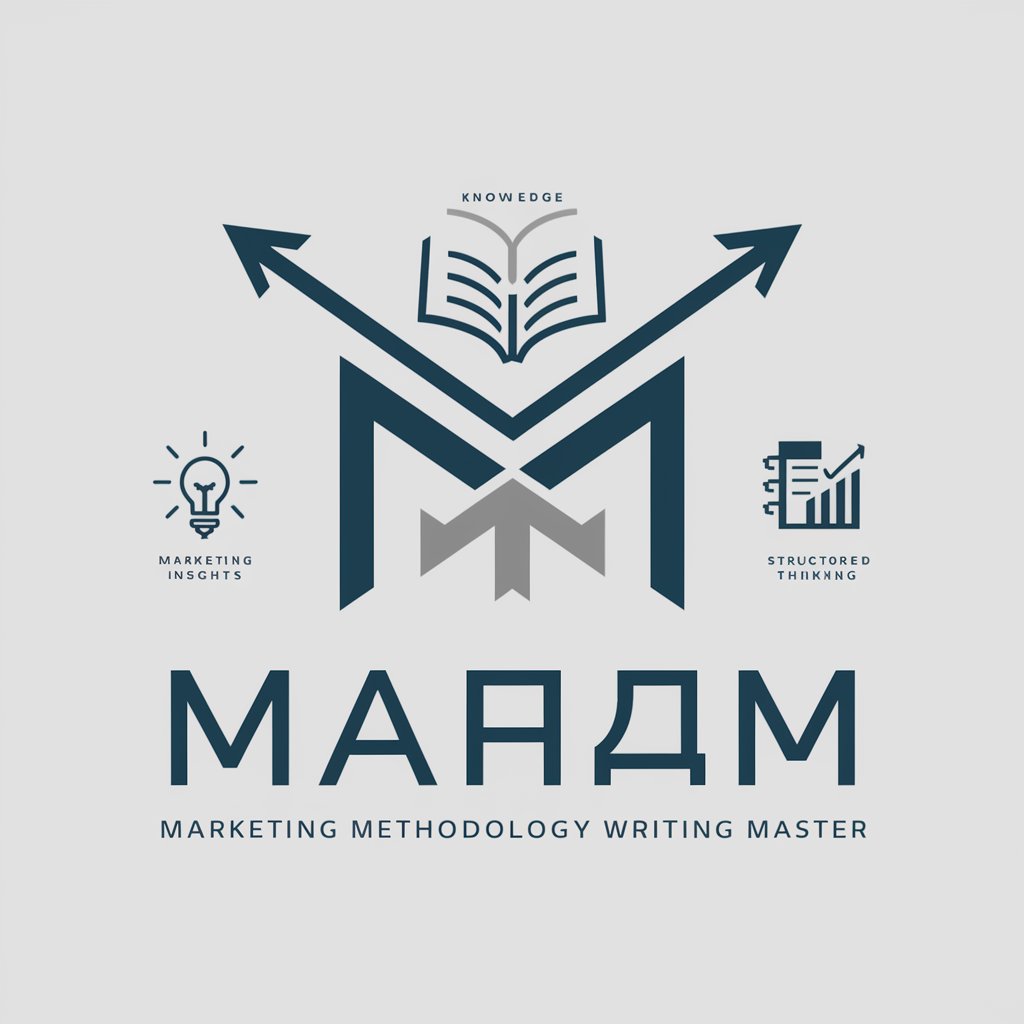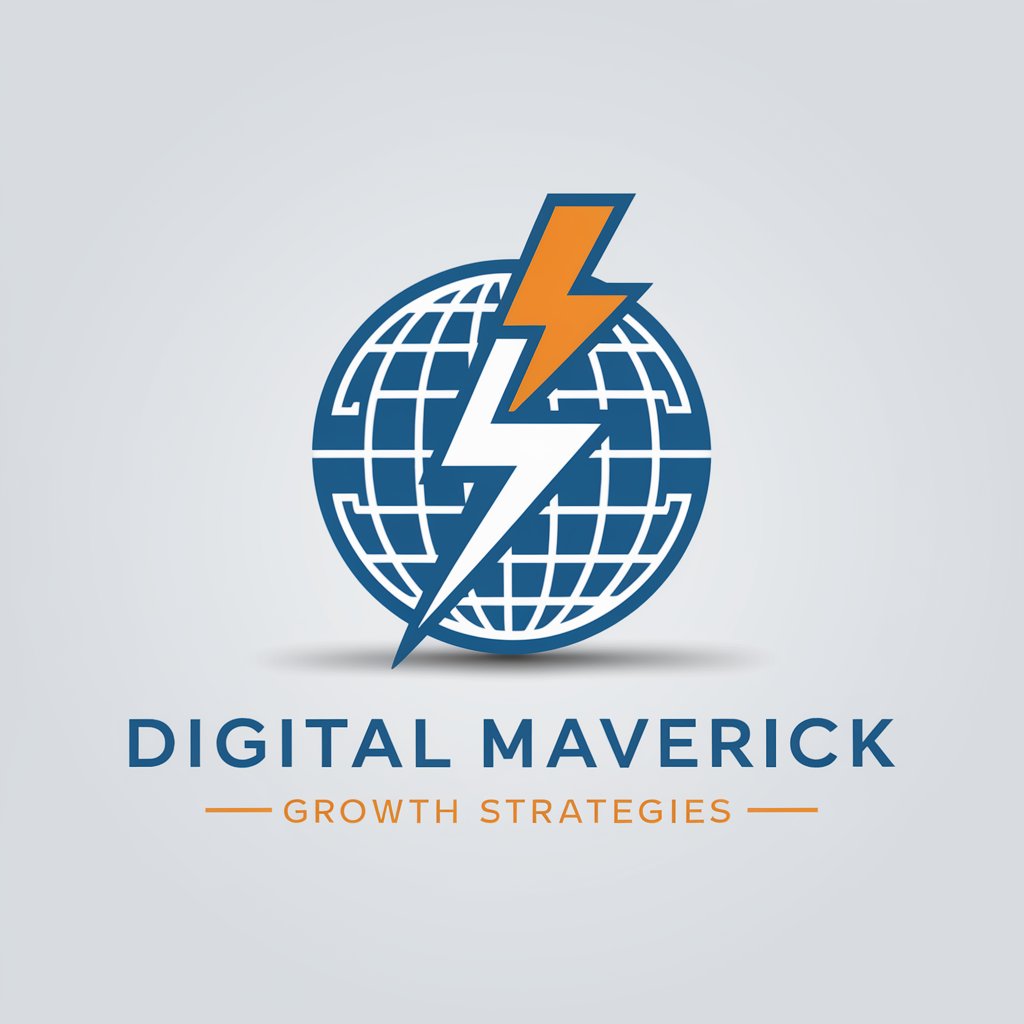
Marketing Events Dissertation Chapter 2 Generator - Literature Review Generator
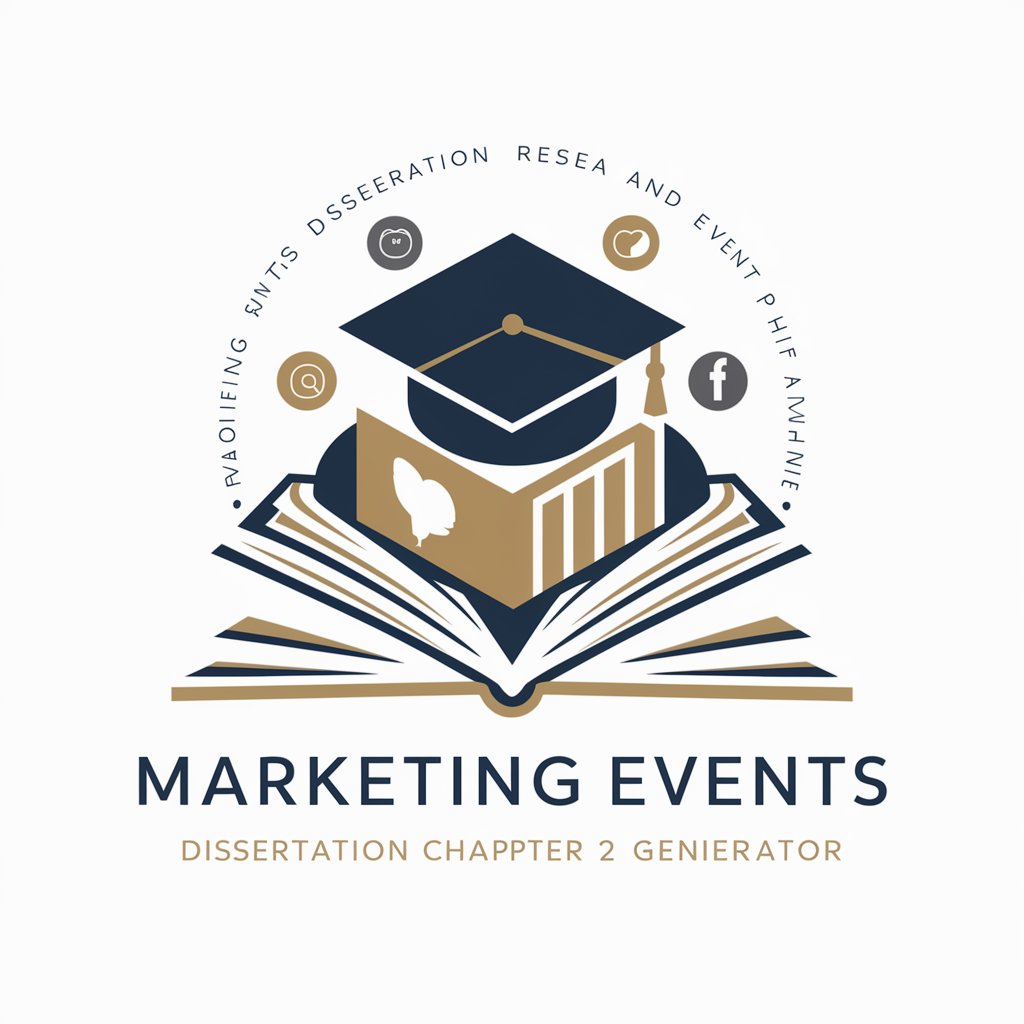
Welcome! Let's explore the impact of influencers on destination branding together.
AI-driven insights for academic writing
Discuss the role of social media influencers in shaping consumer perceptions of travel destinations.
Evaluate the effectiveness of influencer marketing strategies in destination branding campaigns.
Analyze how the AIDA model applies to social media influencers in the context of tourism marketing.
Critique existing literature on influencer impact in the travel and tourism sector.
Get Embed Code
Overview of Marketing Events Dissertation Chapter 2 Generator
The Marketing Events Dissertation Chapter 2 Generator is designed to assist users in creating structured, comprehensive literature reviews for dissertations, particularly in the field of marketing and event management. This tool focuses on helping users to establish a critical narrative around existing literature, incorporating theoretical perspectives, empirical findings, and gaps in research. A key aspect is its capability to guide the user through the systematic construction of a chapter that integrates discussions on theory, critiques of existing literature, and the justification of chosen models or frameworks. For instance, in the context of exploring the impact of social media influencers on destination branding, it would help organize relevant theories, case studies, and critical analysis into a cohesive chapter that effectively sets the stage for primary research. Powered by ChatGPT-4o。

Core Functions of the Marketing Events Dissertation Chapter 2 Generator
Structured Literature Review Assistance
Example
For a dissertation exploring the role of social media influencers in destination branding, this tool can guide the user in structuring a review that discusses various theoretical models like the AIDA Model and consumer behavior theories.
Scenario
A user compiling research on digital marketing's impact on consumer behavior would use this function to select and critique relevant studies, highlighting how they integrate or diverge from their research aims.
Critical Analysis and Gap Identification
Example
It aids in identifying critical viewpoints and gaps within existing research on a topic like the effectiveness of digital campaigns in event marketing, thus allowing the user to position their research as addressing these gaps.
Scenario
A graduate student could use this feature to argue why previous models of consumer engagement lack in addressing digital native audiences, proposing a new model or framework based on updated data and theories.
Justification of Theoretical Frameworks and Models
Example
The tool assists in justifying the choice of the AIDA model for a thesis on influencer impact, by correlating theoretical underpinnings with empirical evidence from prior studies.
Scenario
When a user decides to apply a specific theoretical model to their research, this function helps to articulate why this model is apt for the study's objectives, potentially comparing it with other models and discussing its relevance based on recent trends.
Ideal Users of Marketing Events Dissertation Chapter 2 Generator
Marketing and Event Management Students
This group includes undergraduate and graduate students who are working on dissertations in the field of marketing, especially those involving aspects of event management and social media marketing. The tool is beneficial for students needing structured guidance on how to critically engage with literature and articulate their research framework.
Academic Researchers
Researchers focusing on market trends, consumer behavior, and the impact of technology on marketing strategies can utilize this tool to streamline the literature review process. It is particularly useful for those who are at the initial stages of drafting their papers or those looking to refine their theoretical discussions.
Marketing Professionals in Continuing Education
Professionals enrolled in MBA or executive education programs who are required to submit research projects or dissertations will find this tool useful for aligning academic research with practical marketing strategies, particularly in areas like digital and event marketing.

How to Use Marketing Events Dissertation Chapter 2 Generator
1
Visit yeschat.ai to start using the Marketing Events Dissertation Chapter 2 Generator with a free trial, no account or ChatGPT Plus required.
2
Select your research topic from the options or enter a custom topic to tailor the content to your specific dissertation needs.
3
Input your specific research questions or objectives, which the generator will use to create a structured and focused Chapter 2.
4
Utilize the interactive prompts to refine and expand your literature review, ensuring it aligns with your dissertation’s framework and academic standards.
5
Review and edit the generated text to personalize and ensure coherence with your own academic voice and the broader context of your dissertation.
Try other advanced and practical GPTs
Classic Chevy Guide
AI-powered Classic Chevy Expertise

RC, ESP32, Controllers Design and IDEAS!
Empowering Creativity with AI-Enhanced Design

Script Wizard
Empower Your Storytelling with AI

Percussion Terminology Translator
Translate Percussion Terms with AI Precision
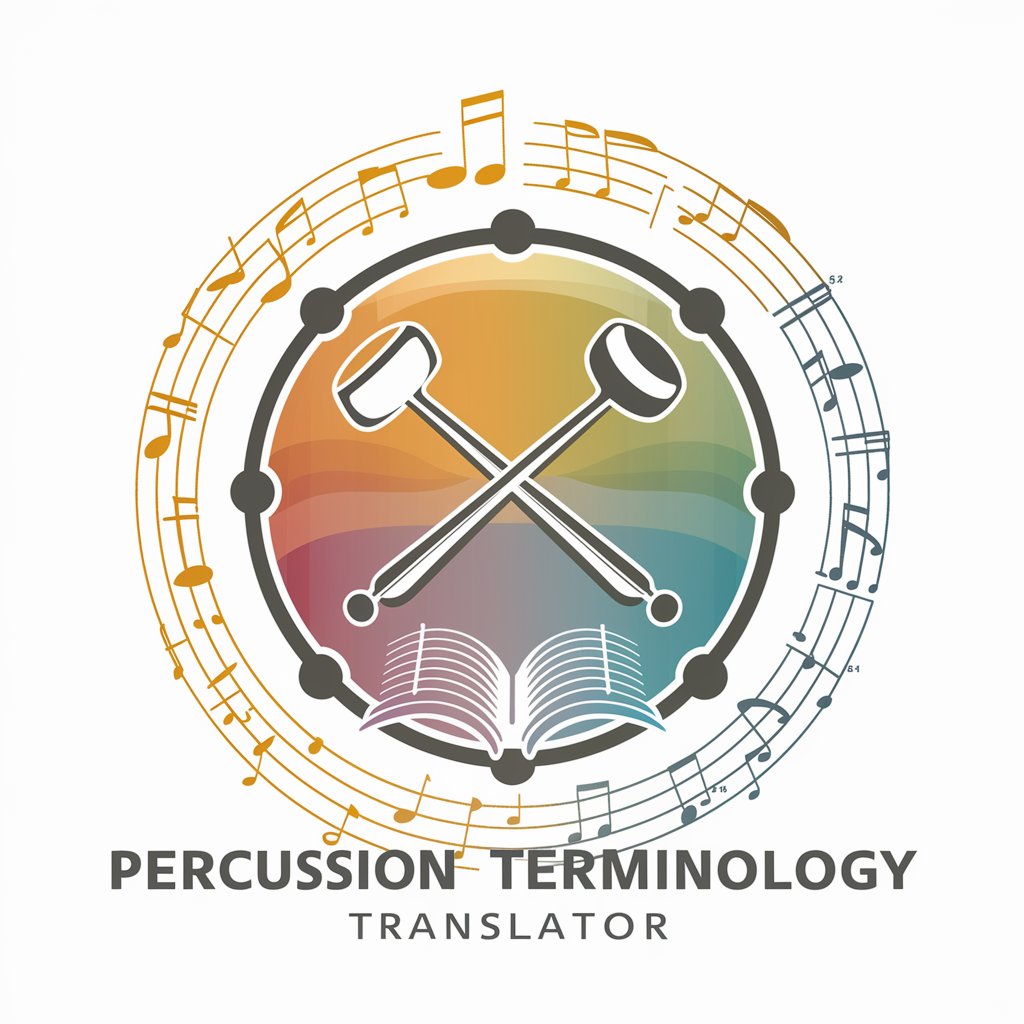
Authenticity Coach
Empower your life with AI-powered wisdom

Data Sage
Empower Your Code with AI
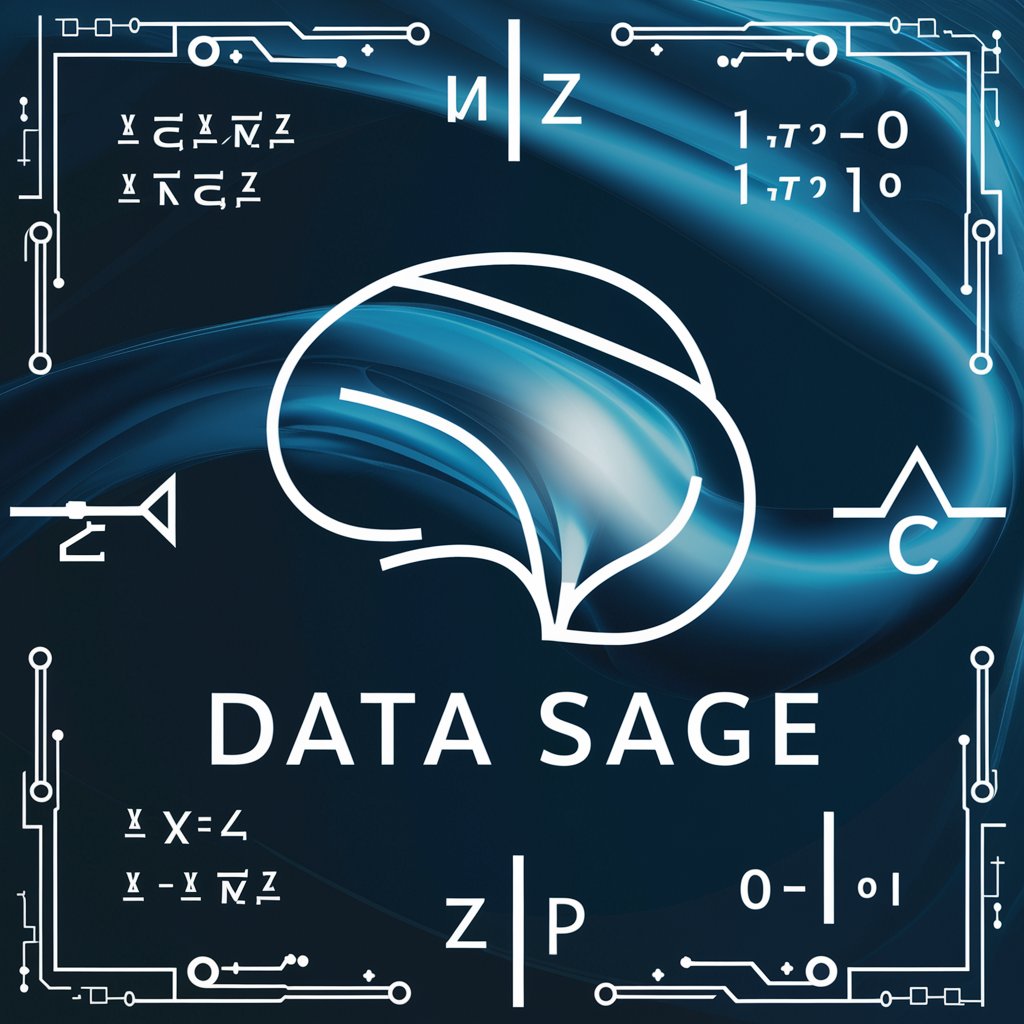
Dungeon Minion
Craft Epic Dungeons with AI

Creator Companion
Empower Your RPGs with AI
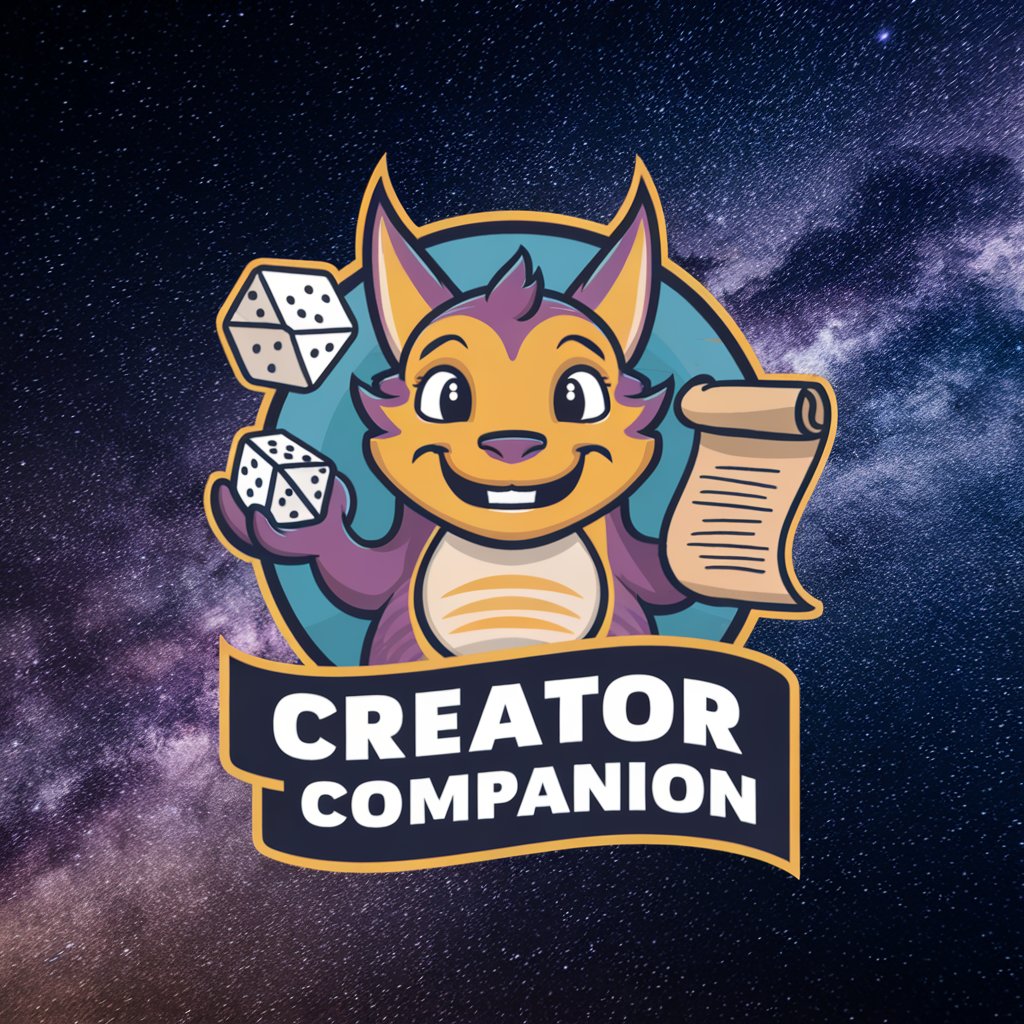
Game Crafter
Craft Games with AI Power
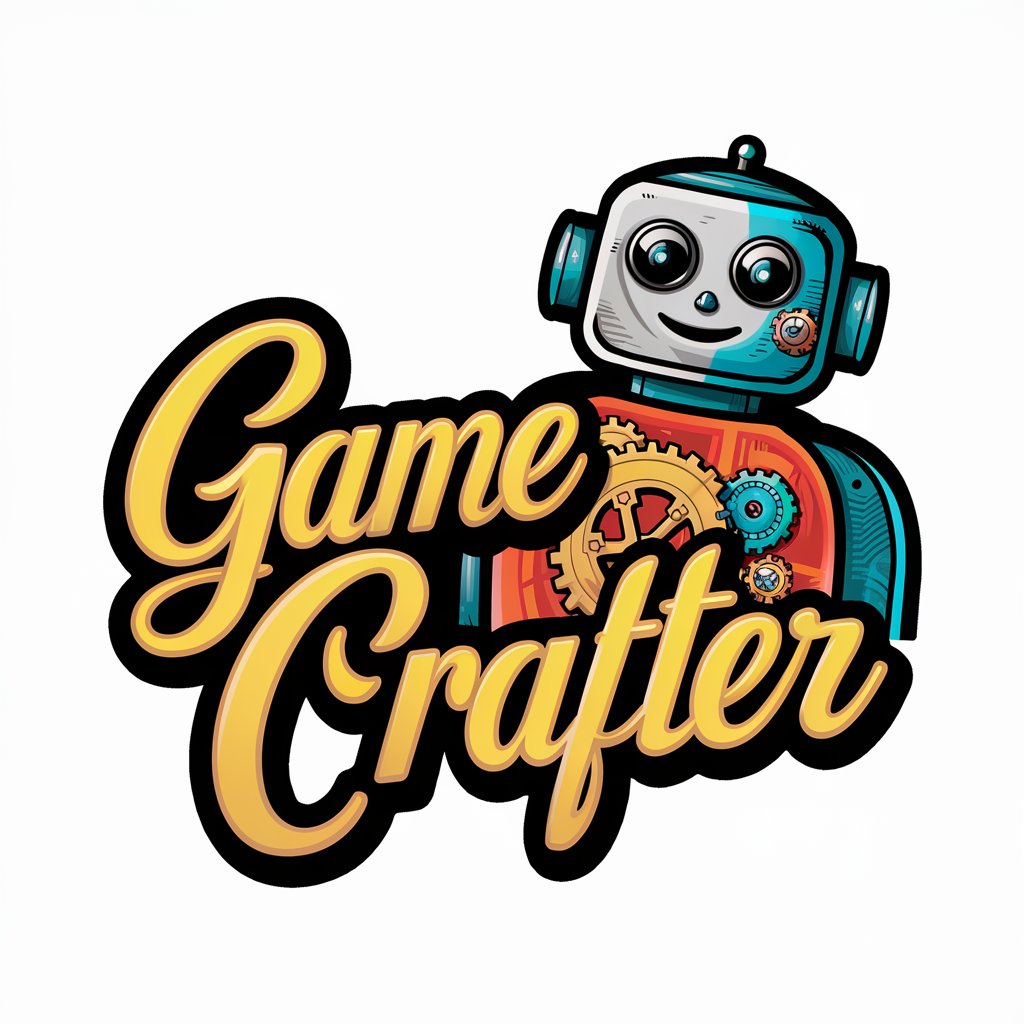
Fitness Friend
Empowering Your Health with AI

Machine Learn GPT
Empower your AI journey with expert-guided machine learning insights.
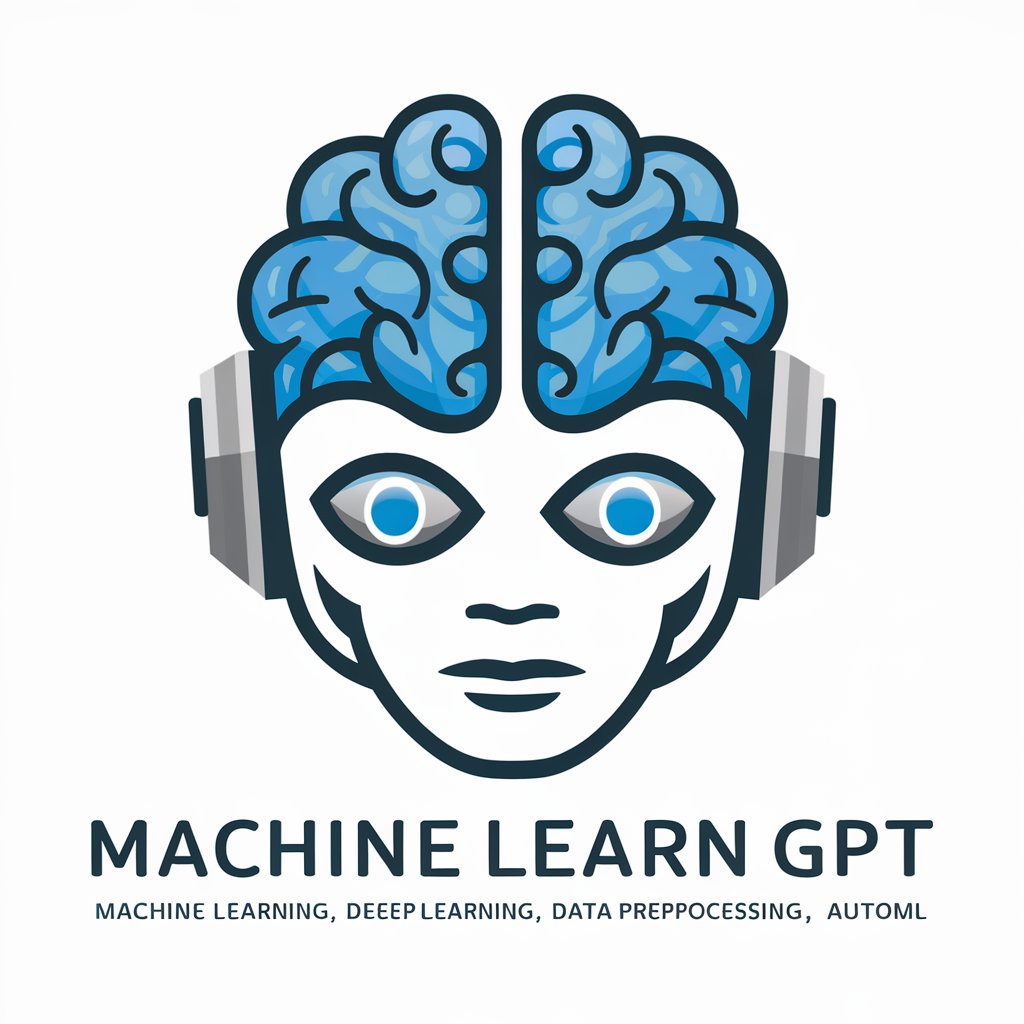
Hey Sherry - Personal Life Coach
Empowering growth through AI-powered coaching

FAQs about Marketing Events Dissertation Chapter 2 Generator
What is the primary function of the Marketing Events Dissertation Chapter 2 Generator?
The tool is designed to help users create a structured and comprehensive literature review for Chapter 2 of a marketing events dissertation, streamlining the writing process by providing tailored content based on user input.
Can the generator handle different theoretical frameworks?
Yes, the generator is equipped to incorporate various theoretical frameworks depending on the specifics of the user’s research topic and questions, enhancing the relevance and depth of the literature review.
How does the tool integrate user input?
Users can input specific research questions, hypotheses, and theoretical perspectives, which the tool uses to generate a customized literature review that aligns with their dissertation's scope and academic requirements.
Is there a limit to the length of the literature review the tool can generate?
While there is no fixed limit, the tool is optimized to produce a detailed yet concise review that addresses key research elements effectively within the context of an MSc-level dissertation.
How can I ensure the quality of the generated content?
While the tool provides a robust draft, it's crucial for users to critically review and refine the content to meet their specific academic standards and personal research style.
